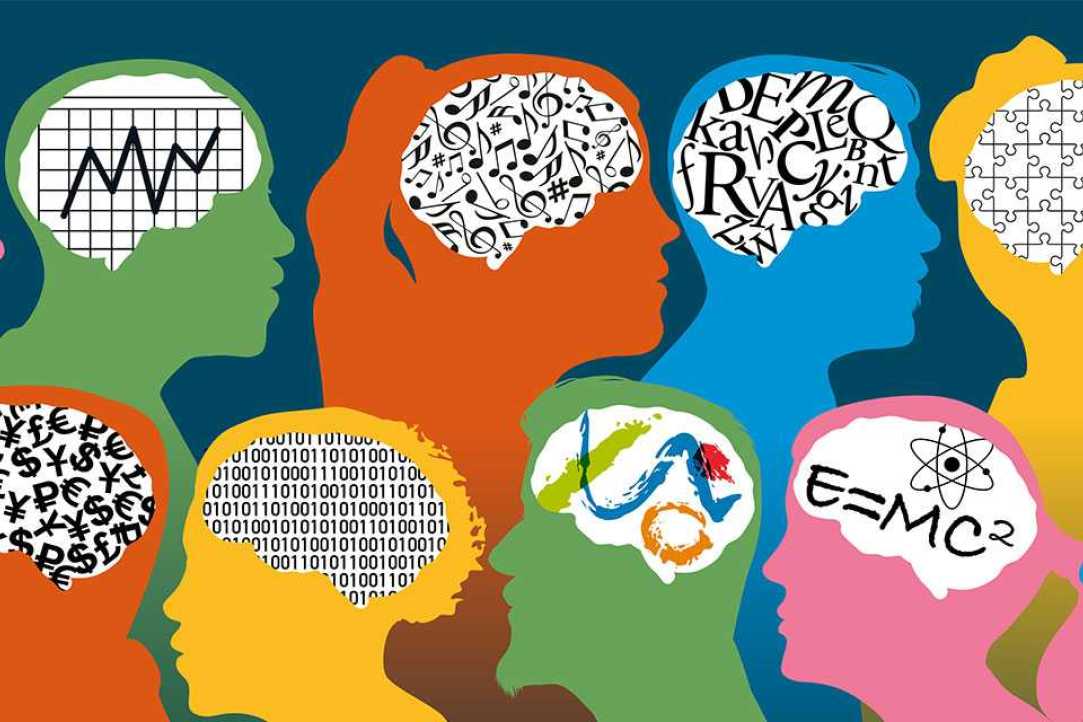Russian Creative Class: Professions, Skills, Main Trends

The authors (M. Gershman, A. Demyanova, E. Polyakova) have found out that the number of the creative class in Russia in 2021 amounted to 3.4 million people, or 4.8% of the total number of employees; in five years it has increased by almost a third. Slightly less than half (43.4%) of all those employed in creative occupations are in just two professions – advertising and marketing specialists (24.4%) and software developers (19%), and about 68% of those employed in creative occupations belong to ten creative professions.
The creative class as a whole is characterized by concentration in the capitals and largest cities. In Russia, it is concentrated mainly in Moscow (25.1%) and Moscow Region (8%), St. Petersburg (7.9%), Krasnodar Territory (3.2%), the Republic of Tatarstan (2.5%), Sverdlovsk Region (2.5%), etc. The most typical representative of the Russian creative class is a young man (25–34 years old) with a higher education, but in recent years there has been an aging trend in this category of workers (which generally corresponds to the all-Russian trends in the development of the labor market).
Despite the well-established notion of a predominantly flexible and irregular work schedule for representatives of creative professions, in Russia they mostly have a standard 40-hour work week and full-time work. Only about half of those employed in creative professions in Russia work in their specialty. At the same time, it was the professional skills directly related to work, as well as the skills to use professional documentation and digital competencies, that turned out to be the most important for the performance of work duties. Among the universal skills, multitasking, decision-making, ideation skills, and stress tolerance were the most in demand in the “creative workplace”.
Human Capital Multidisciplinary Research Center Digest Project is managed by Olga Voron.
Special issue is available via the link (RU).